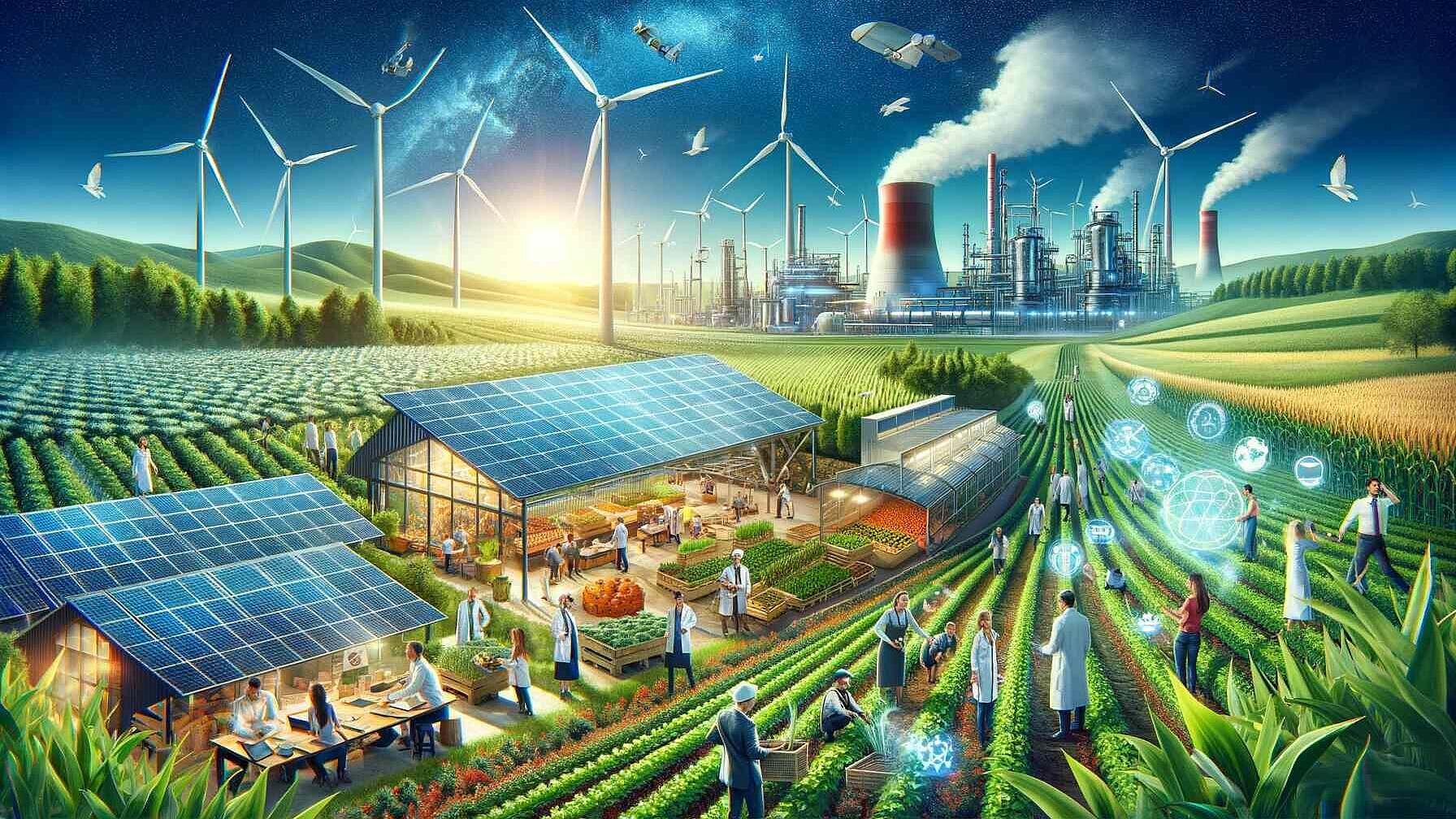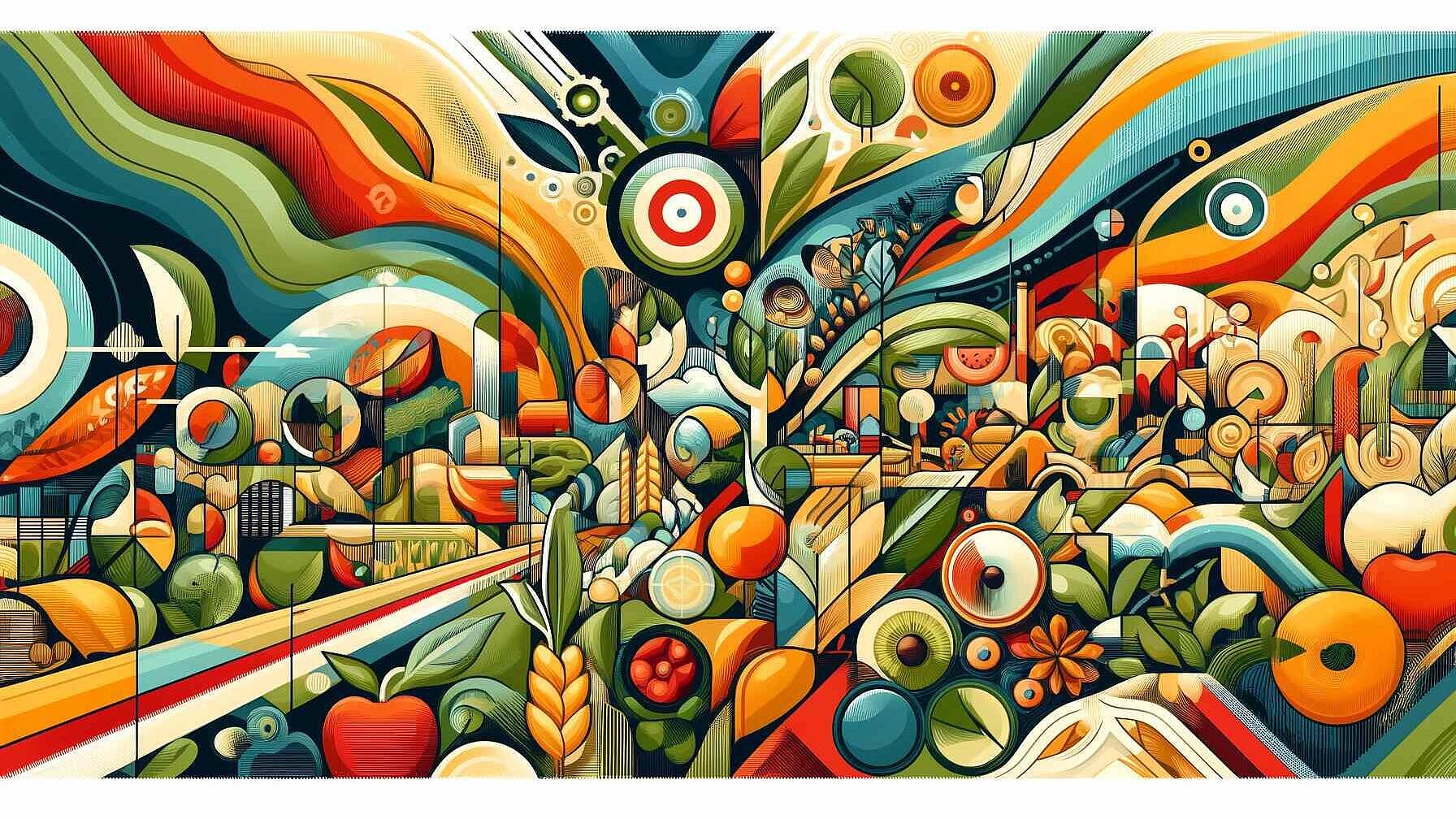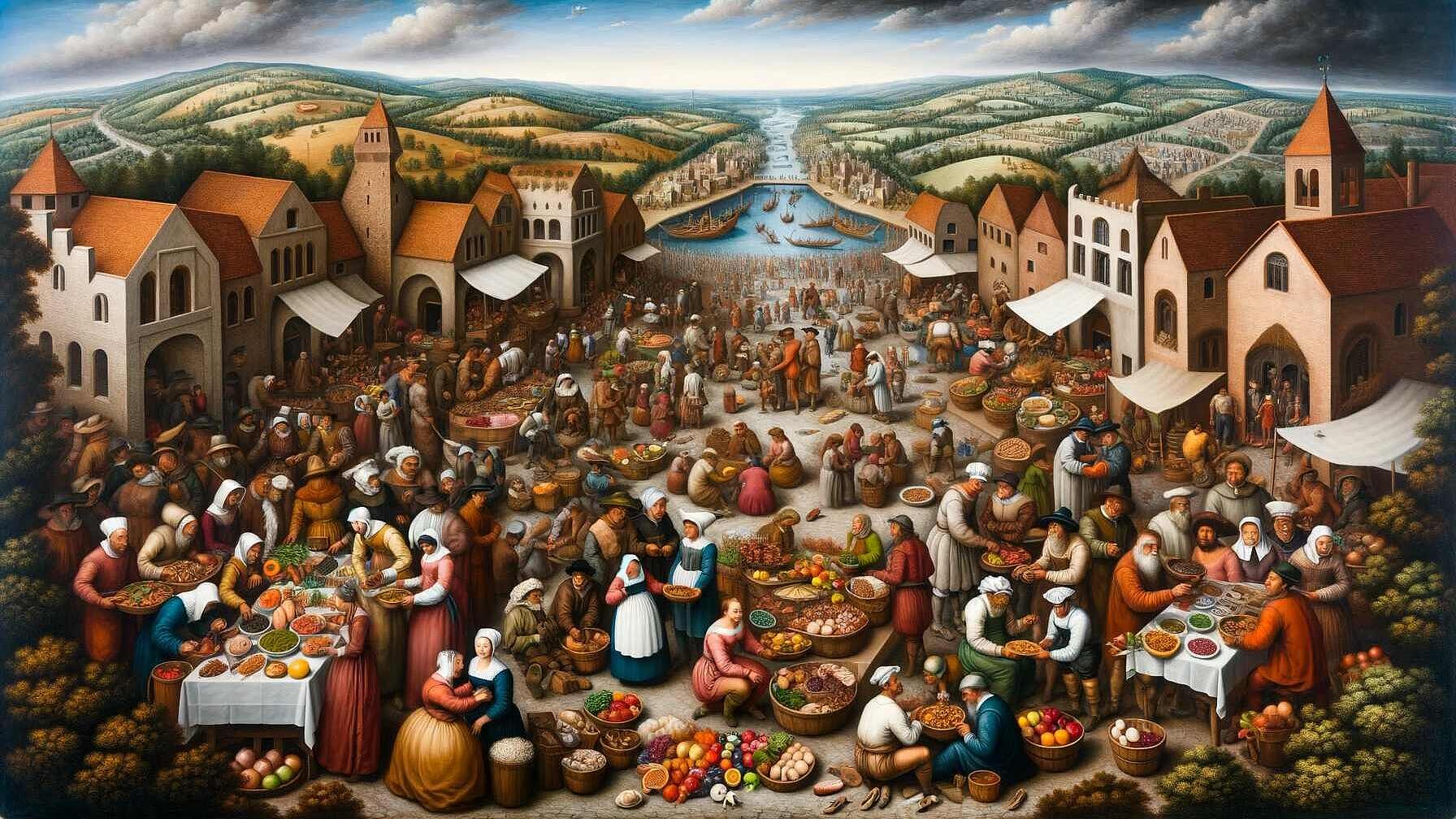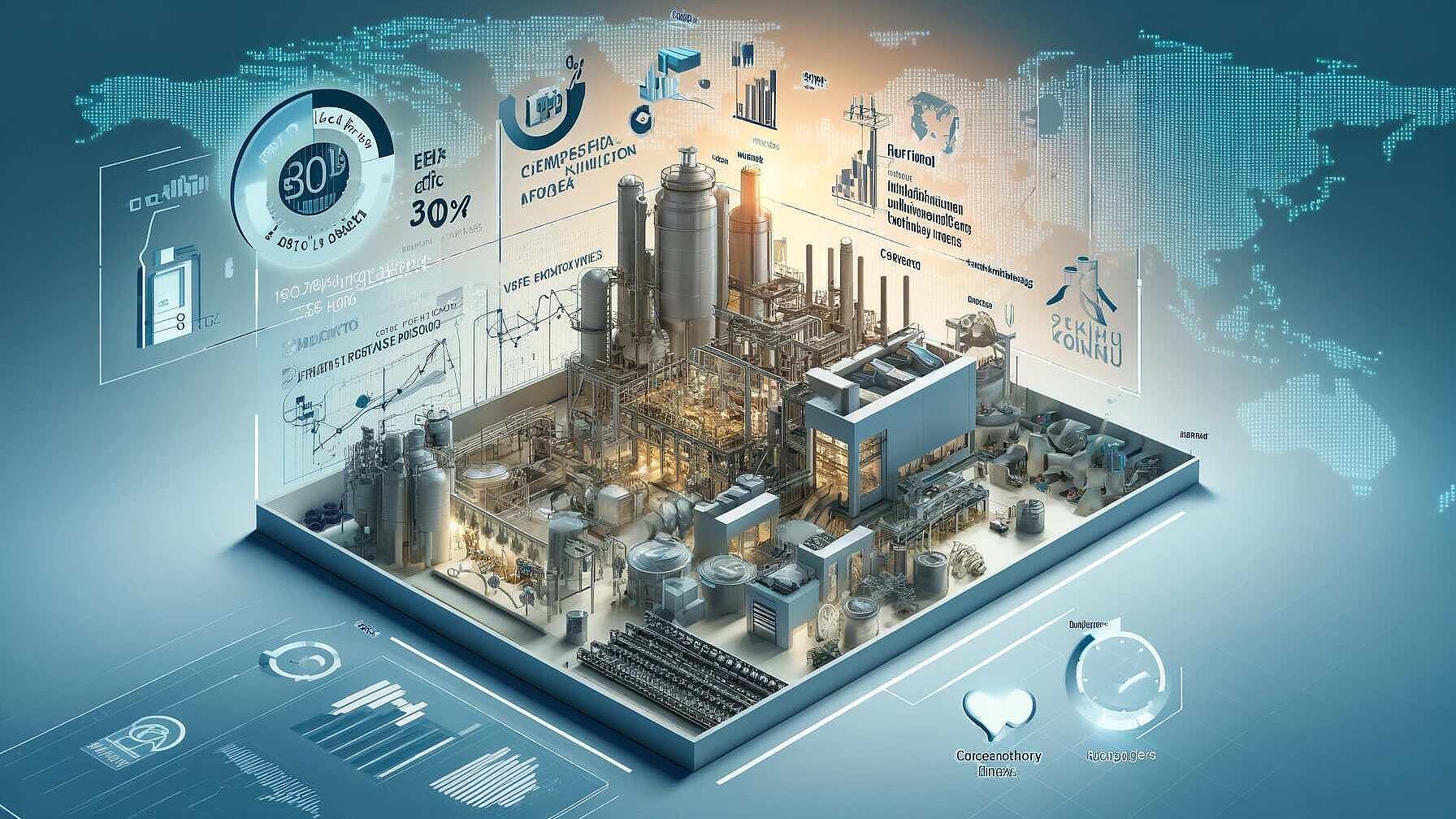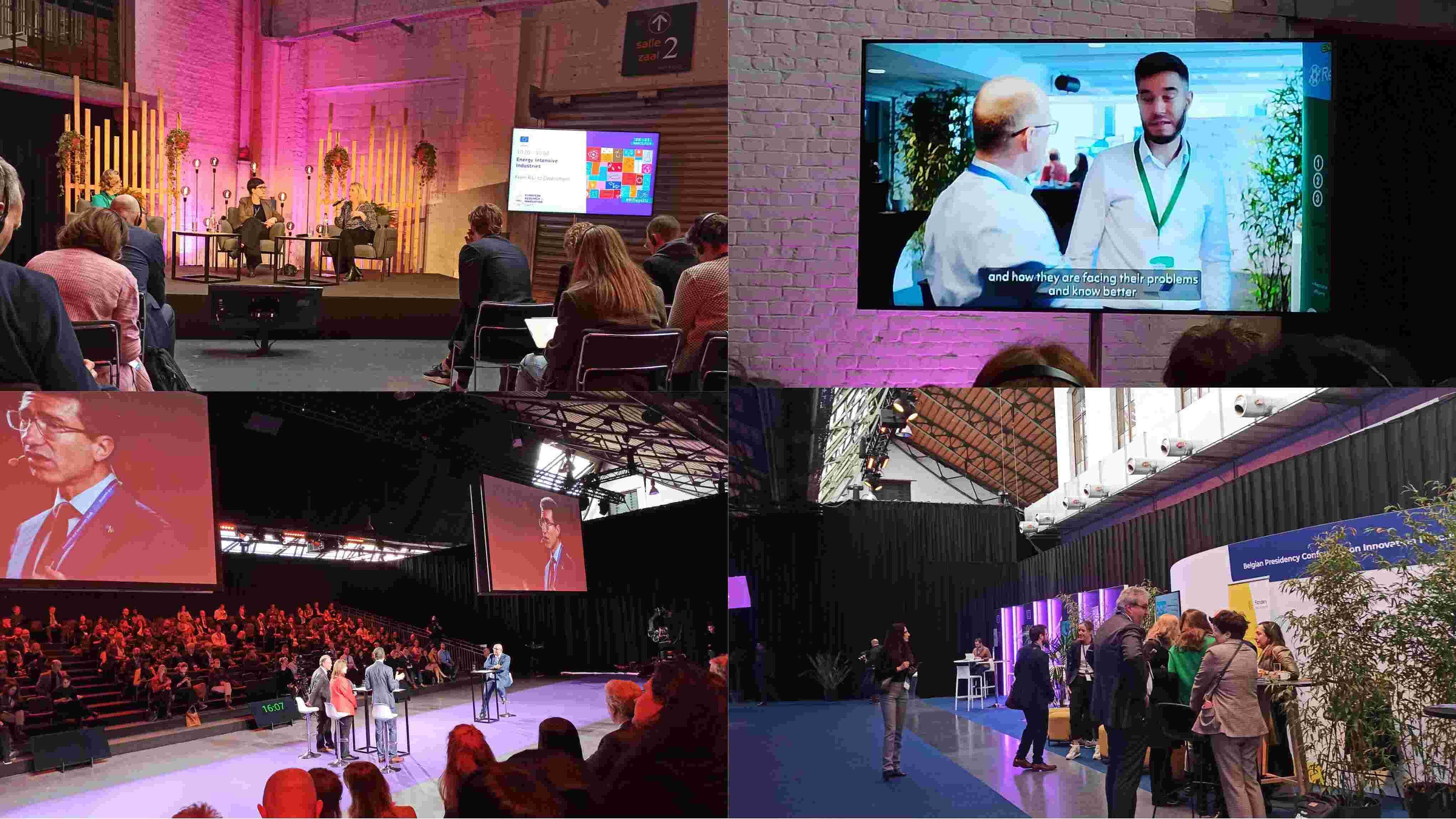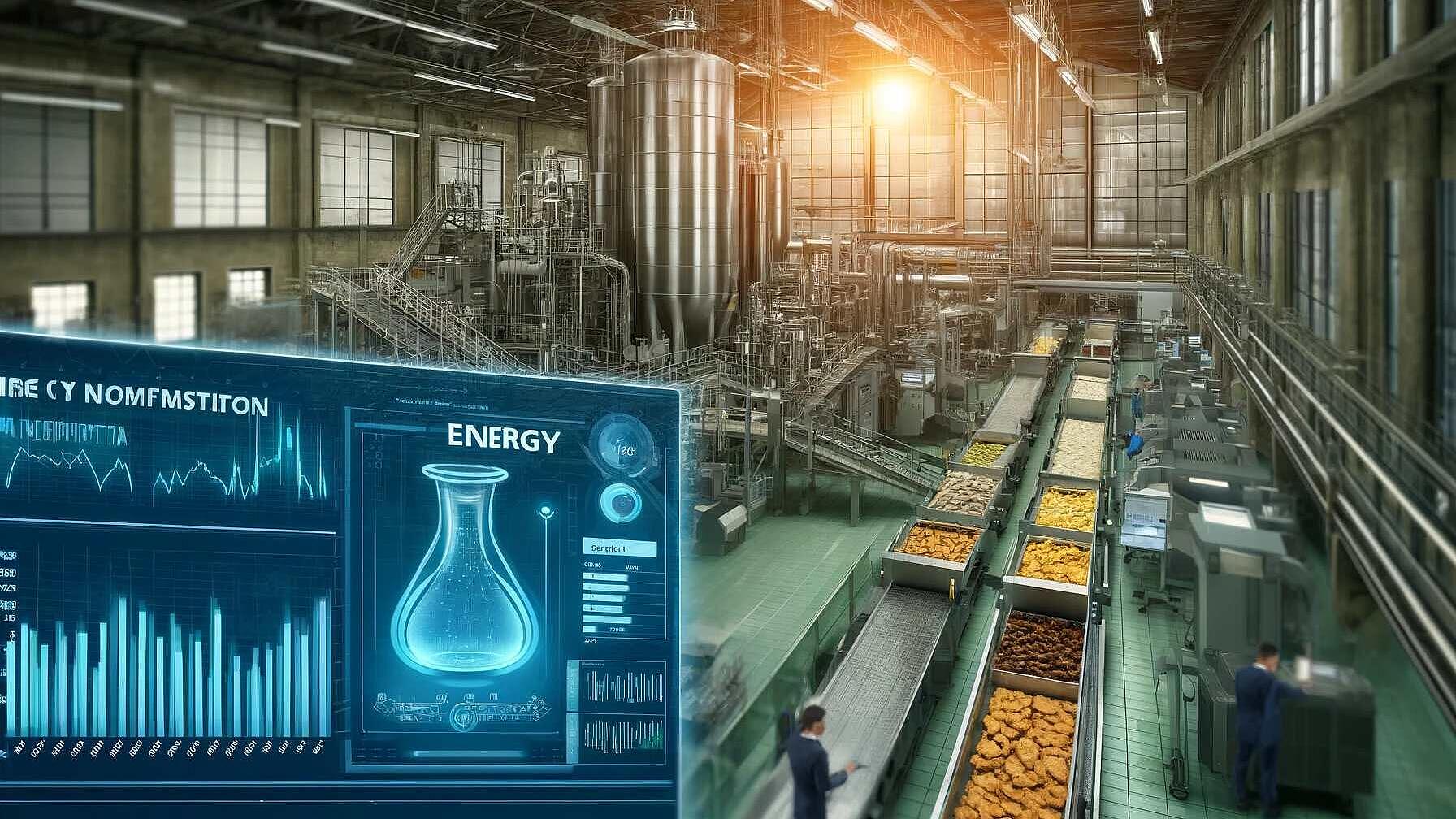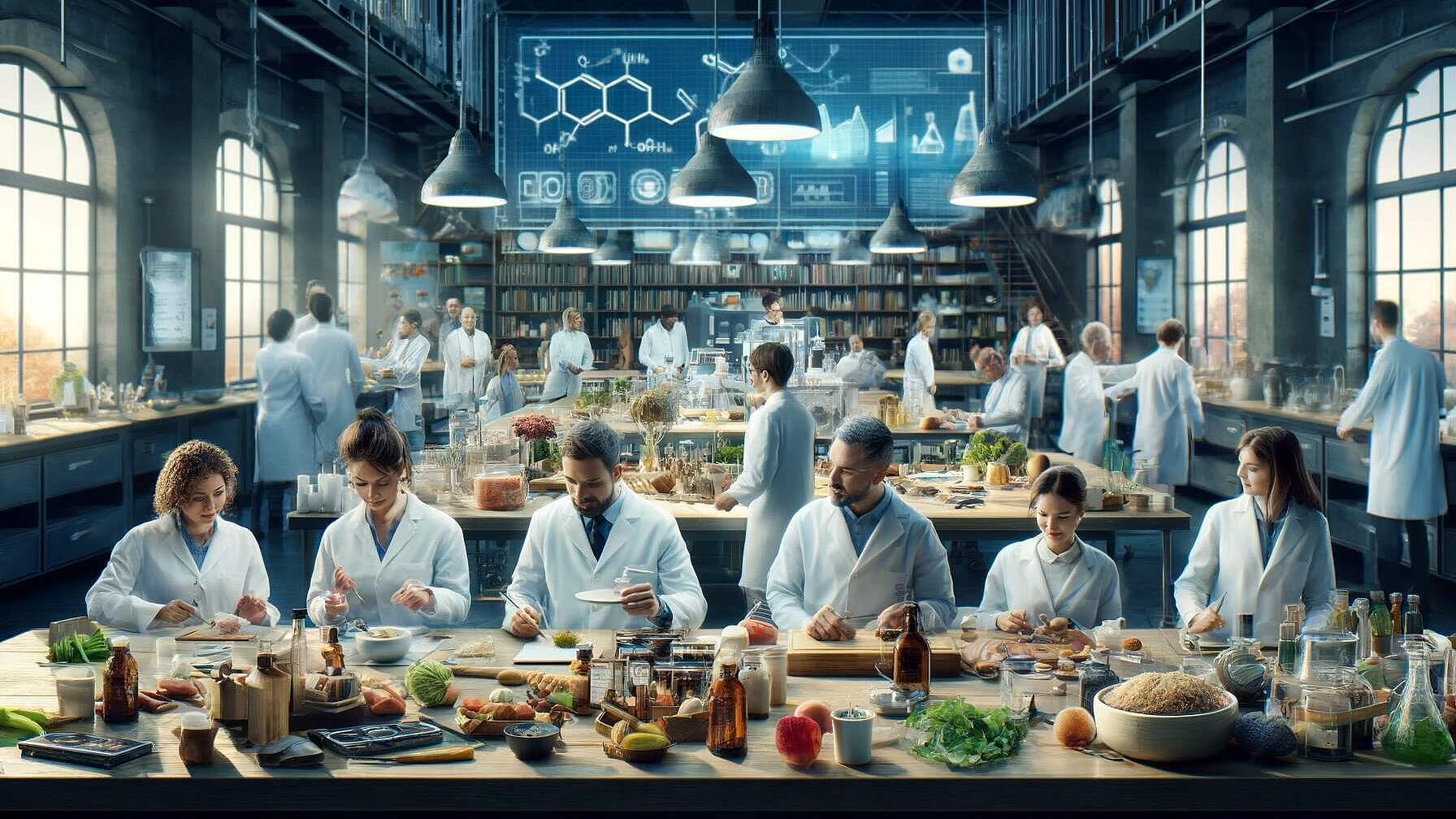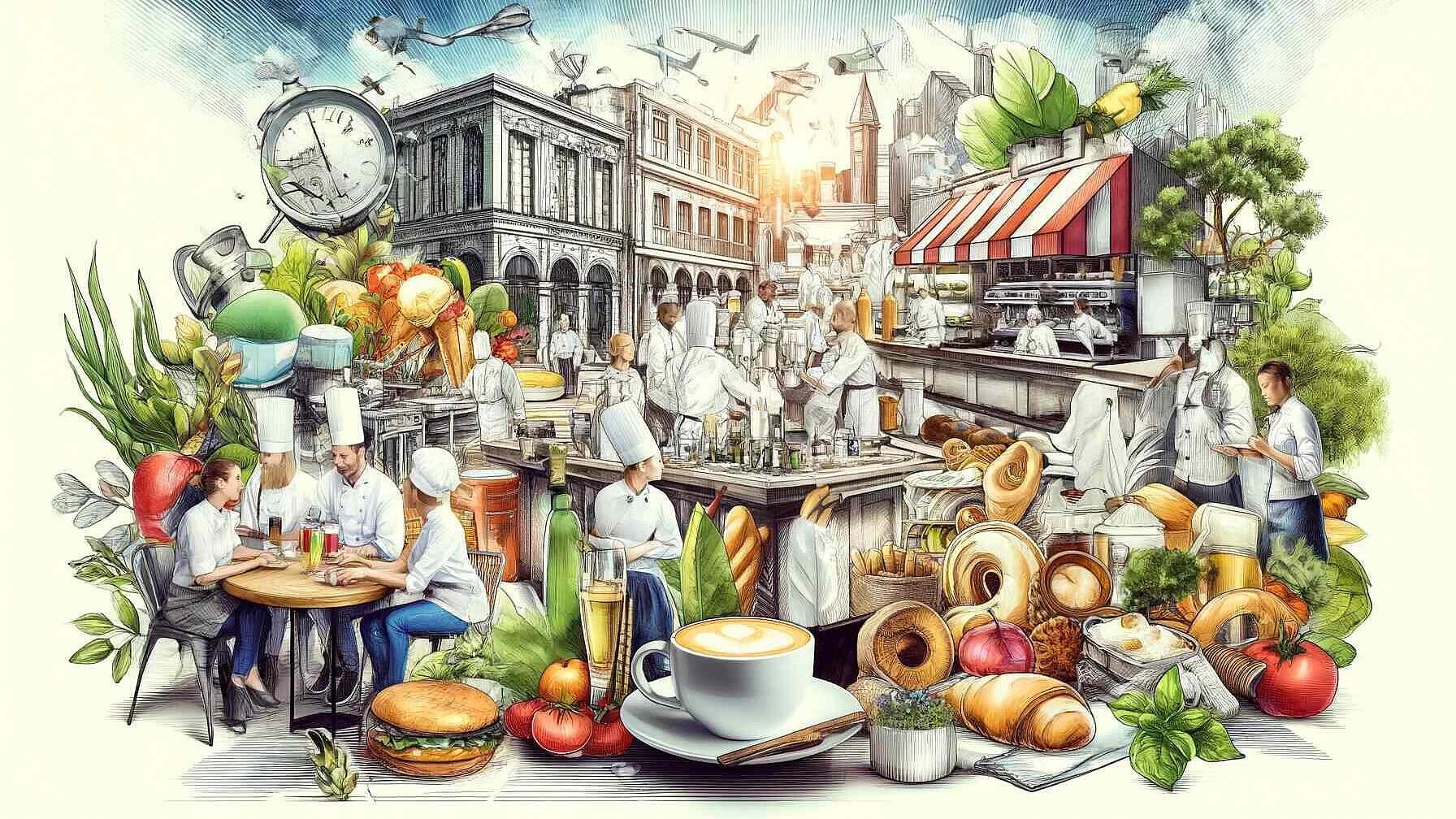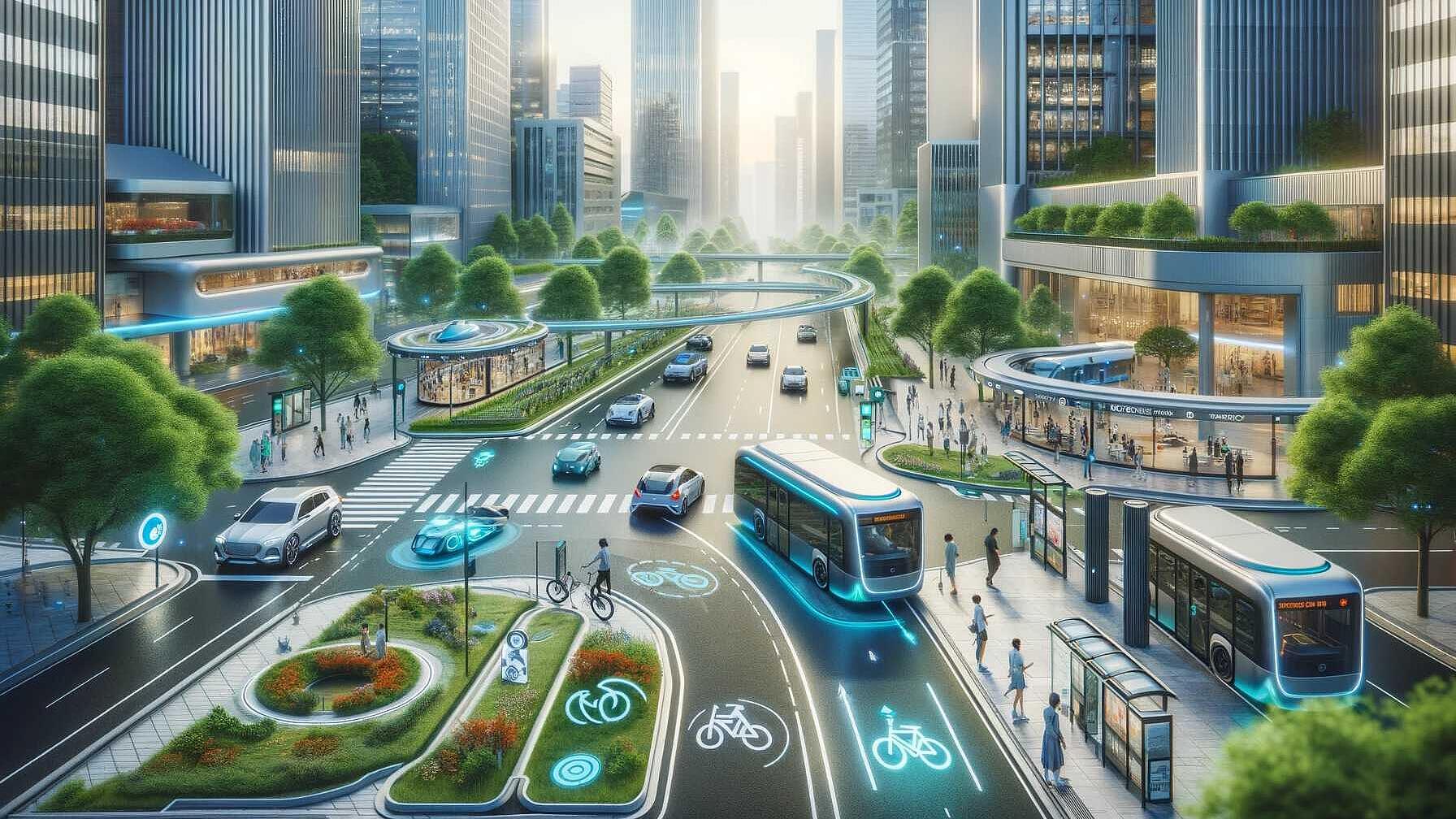 Articles
ArticlesTransforming the Global Food Sector: A Path to Energy-Smart Practices
The 2011 FAO paper "Energy-Smart Food for People and Climate" examines the role of the global food sector in energy consumption and greenhouse gas emissions, representing approximately 30% of the world's energy use. It reveals disparities in energy use across countries with different GDP levels, pointing out the significant energy use in food processing and transportation in higher-GDP countries, and in cooking in lower-GDP countries. The paper argues for a transformation towards energy-smart food systems that prioritize energy efficiency and renewable energy adoption through technological and financial measures. It highlights the benefits of integrating renewable energy, especially bioenergy from waste, within the food supply chain to reduce dependence on fossil fuels and promote a circular economy. To achieve these objectives, the paper sets out policy recommendations, including incentives, financial support, and international collaboration, aiming to facilitate the transition to sustainable and energy-efficient food systems globally. Capacity building and knowledge dissemination are emphasized as key components to assist all nations, particularly those with lower GDPs, in this conversion.
Read Full articleEnhancing Marketing Success through Food Value Chains: A Guide to Creating Shared Value
Food value chains enhance agribusiness by combining social objectives with transparency and sustainability, yielding economic, community, and environmental benefits while relying on collaborative leadership for success.
Read Full articleNavigating the Global Food Value Chain: Challenges and Opportunities for the 21st Century
The paper discusses the complexities of the food value chain, addressing global food demand challenges due to population growth, urbanization, and changing diets. It explores advancements in agricultural technologies and strategic market responses towards sustainability and health-conscious consumption trends.
Read Full articleHarnessing Energy Efficiency in the Food and Beverage Industry
The white paper discusses energy challenges in the food industry, emphasizing the need for efficiency amid rising global energy demands. It outlines strategic energy assessments and technological solutions like variable speed drives for reducing energy use and improving sustainability, citing case studies demonstrating significant energy savings.
Read Full articleTHE PATH TO TRANSFORMATION: EUROPEAN RESEARCH AND INNOVATION DAYS 2024
The European R&I Days highlighted the need for a comprehensive government approach involving research and innovation to achieve the European Green Deal’s decarbonization targets. Showcasing success stories, it emphasized collaboration for transforming energy-intensive industries and integrating R&I for a sustainable future.
Read Full articleTHE DECENTRALIZATION OF ENVIRONMENTAL TAXES: ENVIRONMENTAL OR ECONOMIC ADVANTAGE?
The article examines the efficacy of decentralizing environmental taxes to address region-specific environmental issues, contrasting it with centralization that may cause fiscal competition and efficiency losses. It suggests harmonizing economic incentives with environmental protection to optimize the impact of environmental taxes on sustainability.
Read Full articleEnergy Consumption in Food Manufacturing: A Comprehensive Insight
This study addresses the energy-intensive nature of food production, highlighting the substantial emissions from specific products and processes. It underscores the lack of consistent energy data and advocates for optimizing production, adopting new technologies, and reevaluating transportation to enhance energy efficiency in the food sector.
Read Full articlePioneering the Path to Net Zero: Decarbonizing Heat in the Food and Drink
The UK's food and drink sector aims to cut emissions from electricity and heat by up to 80% from 2012 levels, but heat decarbonization lacks clear strategies. Transition hinges on overcoming financial, technical, and policy barriers, requiring government-industry collaboration and supportive measures.
Read Full articleDecarbonising the European Food and Drink Sector: A Net Zero Roadmap
European food and drink manufacturers must decrease their 94 Mt CO2e emissions to align with the EU's 2050 net-zero goal. Decarbonisation involves sustainable practices, overcoming high costs, leveraging renewable energy, and adopting measures like advanced energy management to reduce emissions efficiently.
Read Full articleRevolutionizing Transit: Europe's Top Smart Mobility Solutions
Europe advances smart mobility, driven by sustainability and urbanization challenges. EU policies promote electric and autonomous transport, integrating innovations like IoT, MaaS, and AI. Case studies from Barcelona, Stockholm, and Amsterdam highlight smart solutions reshaping urban travel, setting global benchmarks.
Read Full article